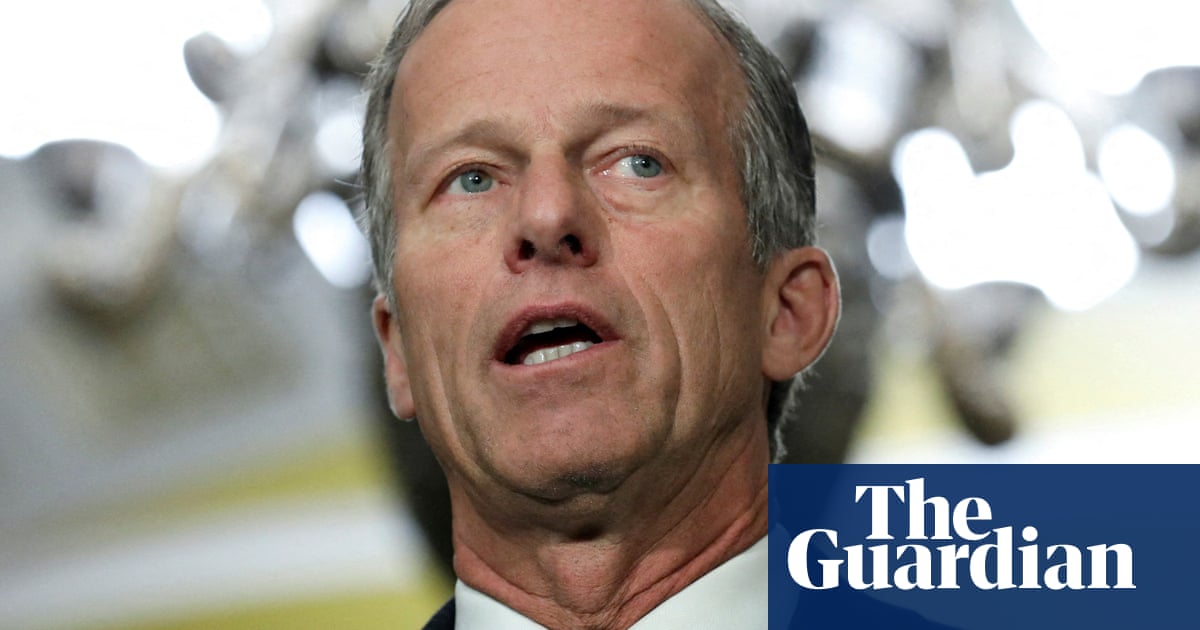Trump Always Chickens Out – or Taco for short. Investors like narratives to explain the financial world, and they appear to have seized on this one: whenever Donald Trump faces a market backlash, he will back down.
It would be fair to say the US president did not take kindly to the suggestion that he was being a “chicken” when asked by a reporter at the White House about the term that is gaining traction on Wall Street.
“Oh isn’t that nice – ‘I chicken out.’ I’ve never heard that,” Trump mused on Wednesday in response to the reporter’s question on the so-called Taco trade. He then launched into extended comments on how high the tariffs he imposed on China were, and how he had “helped” China by cutting them.
“But don’t ever say what you said,” he added to the reporter. “That’s a nasty question.” Apparently riled, he later returned to the theme, insisting that he was no chicken, and that often people accused him of being too tough.
But recurrent retreats by Trump have become the basis for stock markets rebounding after falls, even as the US president has raised tariffs to their highest level in more than a century.
The S&P 500, the US stock market benchmark, has gained about 1% during 2025, despite a deep slump in April as Trump announced “liberation day” tariffs on trade with most countries in the world.
The stock market rise appears to have been aided by the Taco trade narrative: that market turmoil will correct the president’s course and allow companies to keep on making strong profits. That belief will strengthen if courts uphold Wednesday night’s ruling by New York’s court of international trade that Trump’s tariffs have been imposed illegally.
When the Financial Times columnist Robert Armstrong coined the Taco acronym on 2 May, it was a pithy observation of market reaction to Trump’s chaotic policymaking. However, less than a month on, one question is whether being accused of being “chicken” will needle the president to take a harder line with trading partners.
On some fronts – notably on transporting people to El Salvador without due process – the Trump administration has indeed defied barrages of criticism and several court orders. Yet on financial markets, the pattern is clear of a harsh initial position followed by a sizeable retreat. The partial climbdowns have often followed close behind slumping bond prices – increasing US government borrowing costs – a dynamic that could expose the world’s largest economy if left unchecked.
after newsletter promotion
The liberation day tariff announcement was followed by a 90-day pause. Trump said he would raise EU tariffs to 50%, before delaying that until 9 July. He ratcheted up levies to a punitive 145% on China, before dropping them to 30% during a 90-day pause. And he toyed with forcing out the Federal Reserve chair, Jerome Powell, only to backtrack quickly once investor displeasure became clear.
However, the market optimism has not matched economic forecasts, which suggest that the White House’s actions are still historically significant.

 German (DE)
German (DE)  English (US)
English (US)  Spanish (ES)
Spanish (ES)  French (FR)
French (FR)  Hindi (IN)
Hindi (IN)  Italian (IT)
Italian (IT)  Russian (RU)
Russian (RU)  4 weeks ago
4 weeks ago
























Comments